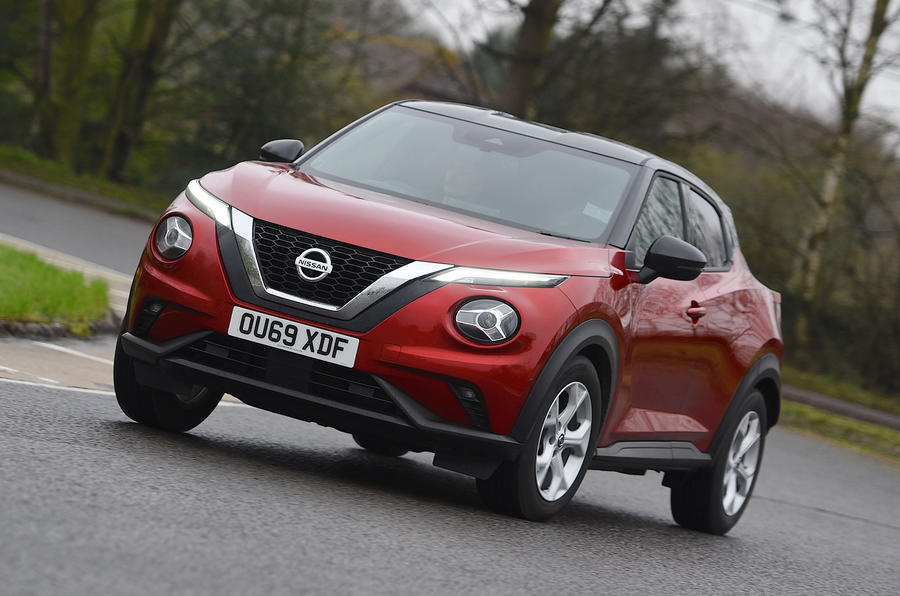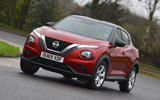What is it?
The second-generation Nissan Juke has provided a much-needed boost for Nissan in Europe, selling significantly better across even the pandemic-ravaged year of 2020 than its predecessor had in 2019.
The Mk1 Juke was the seminal car for the compact crossover scene, but after almost nine years on sale it was feeling – and, might I say, looking – very outdated.
This car couldn’t be more different, with a much better-resolved – you might even concede sharp – exterior and a considerably more upmarket interior.
The Mk1 was also never great to drive, most notably with a ride that felt completely out of character for a family car, even if the handling was dynamic (for a crossover) and the powertrain enjoyably zippy.
However, as we’ve already established in our full road test, the engineering department have matched their colleagues over in the design studios, making the Juke “ready to make the grade in most objective ways”.



























Join the debate
Add your comment
I would imagine that most Jukes will spend their time around town rather on the motorway, so this automatic sounds terrible. Other reviews have criticised it for a hard ride, too, so it doesn't sound like this model is a good urban companion.
'This comes at a typical extra cost of £1500 and only a few official CO2g/km and should in theory be smoother than an old-school torque converter'
Why would a DCT in theory be smoother than a torque converter? Surely it's the other way round, particularly at low speeds.
Exactly what I immediately thought: torque converters are lovely and smooth in the way they operate, much better than any clutch, automated or not. It would be my favourite automatic transmission. I thought they were dying out, but some manufaturers after experimenting with DCTs have gone back to torque converters, probably on reliability grounds - DCTs don't have a good reputation.